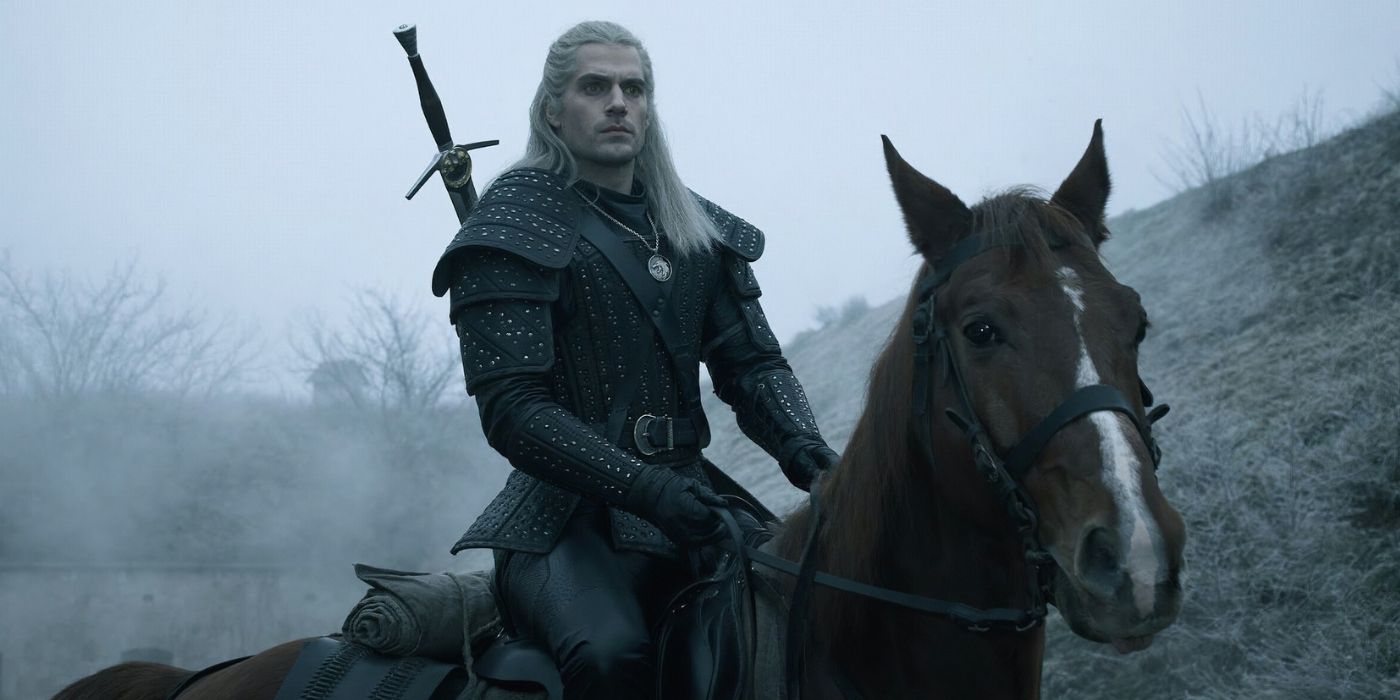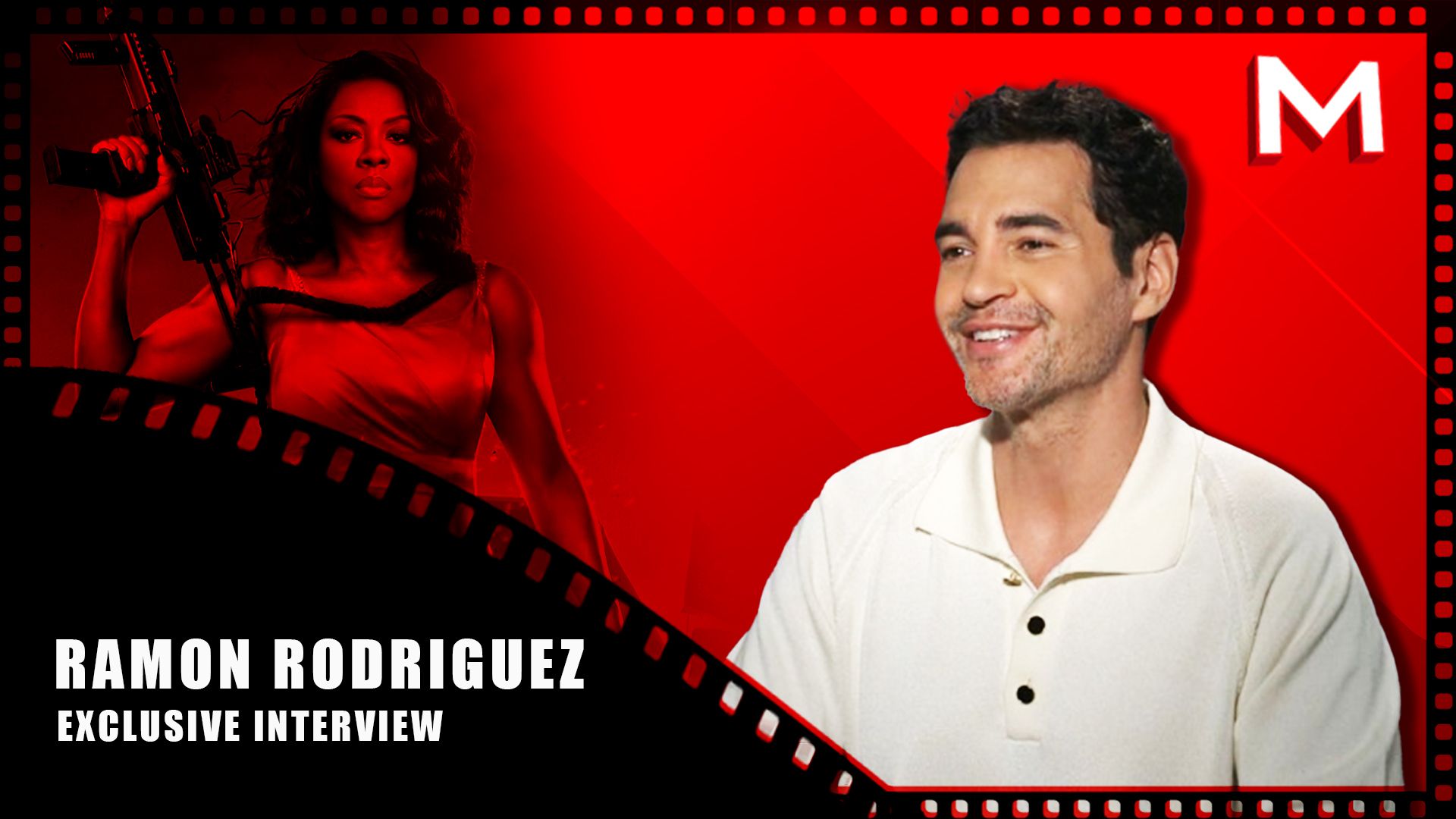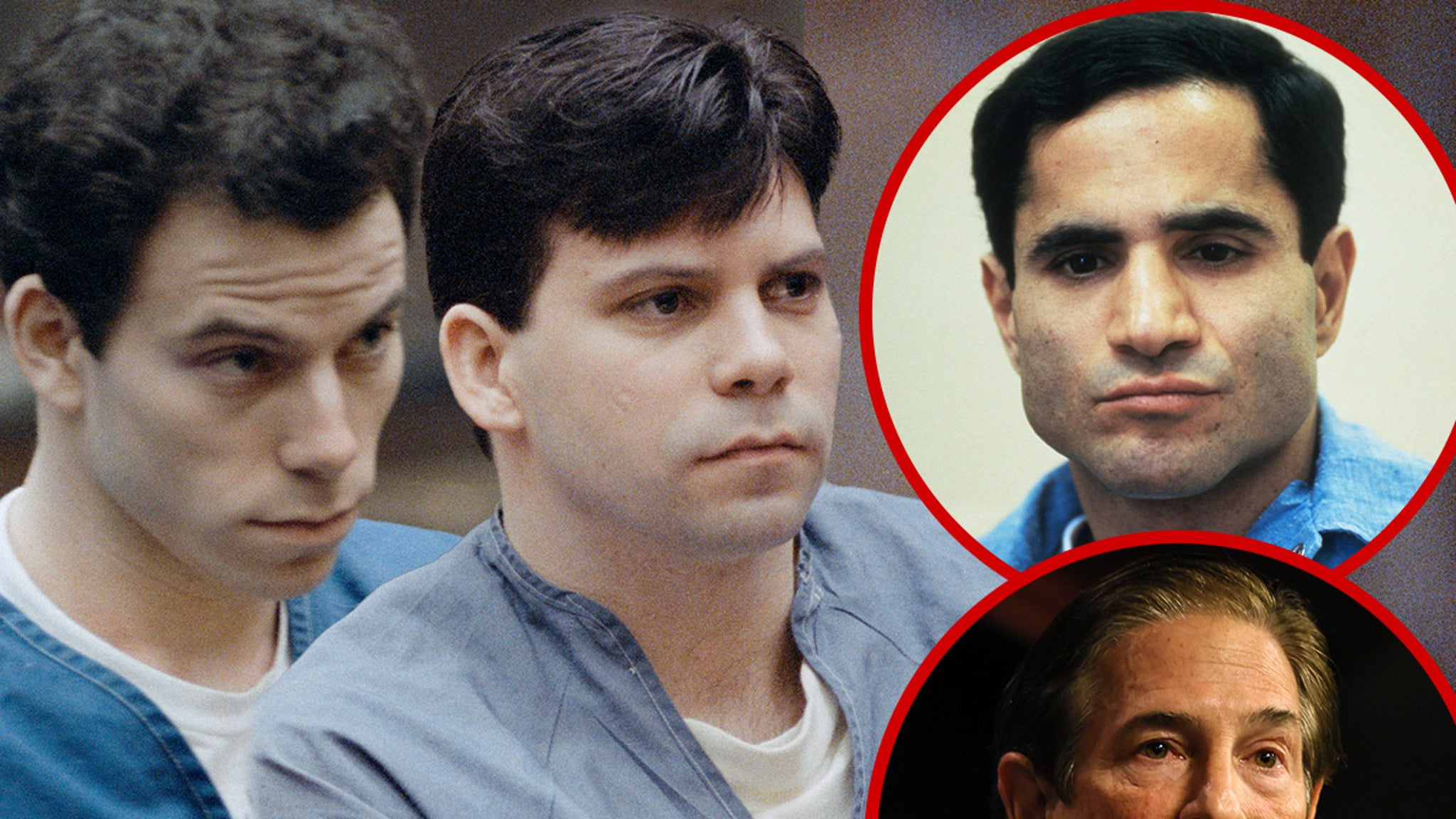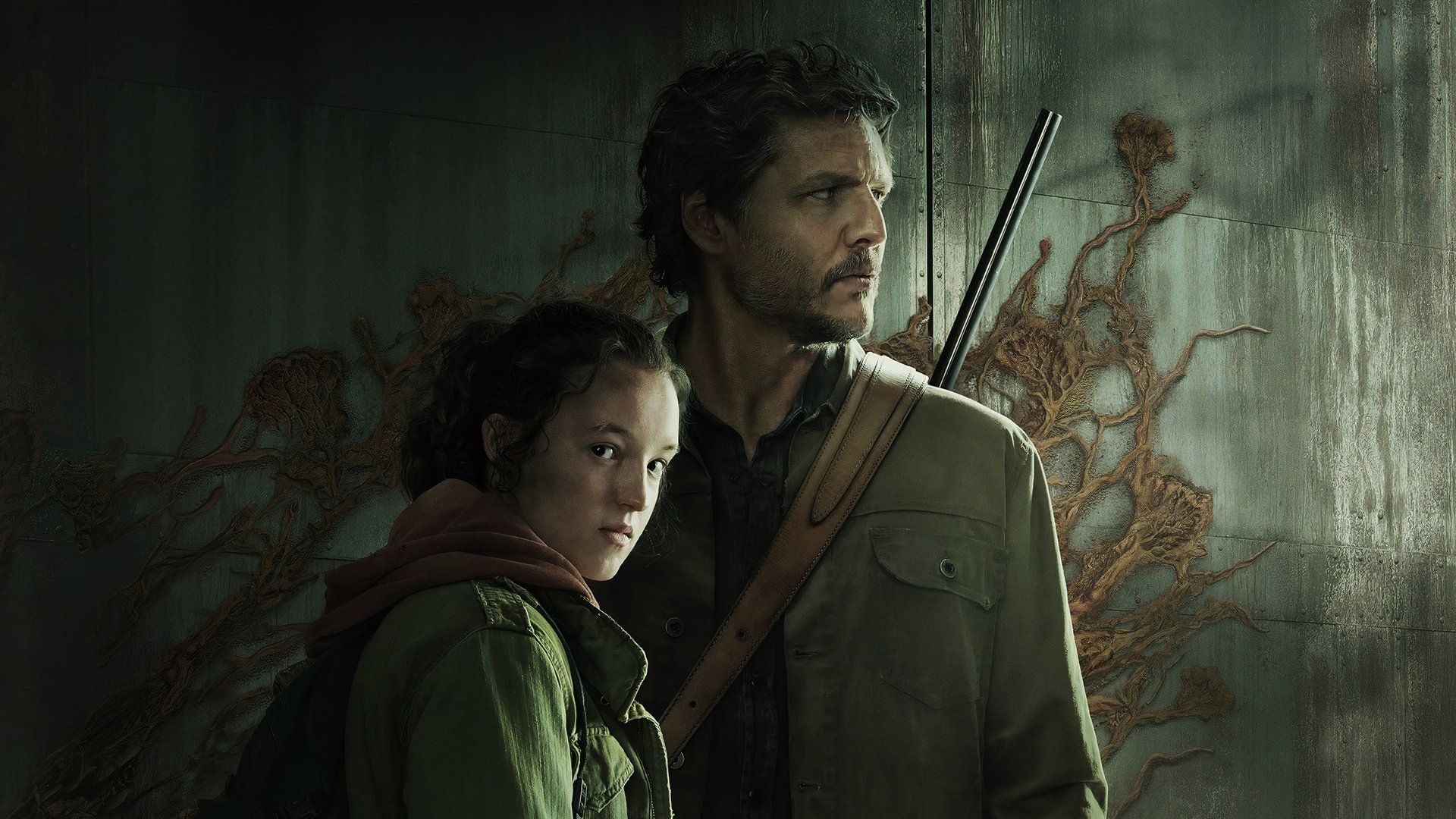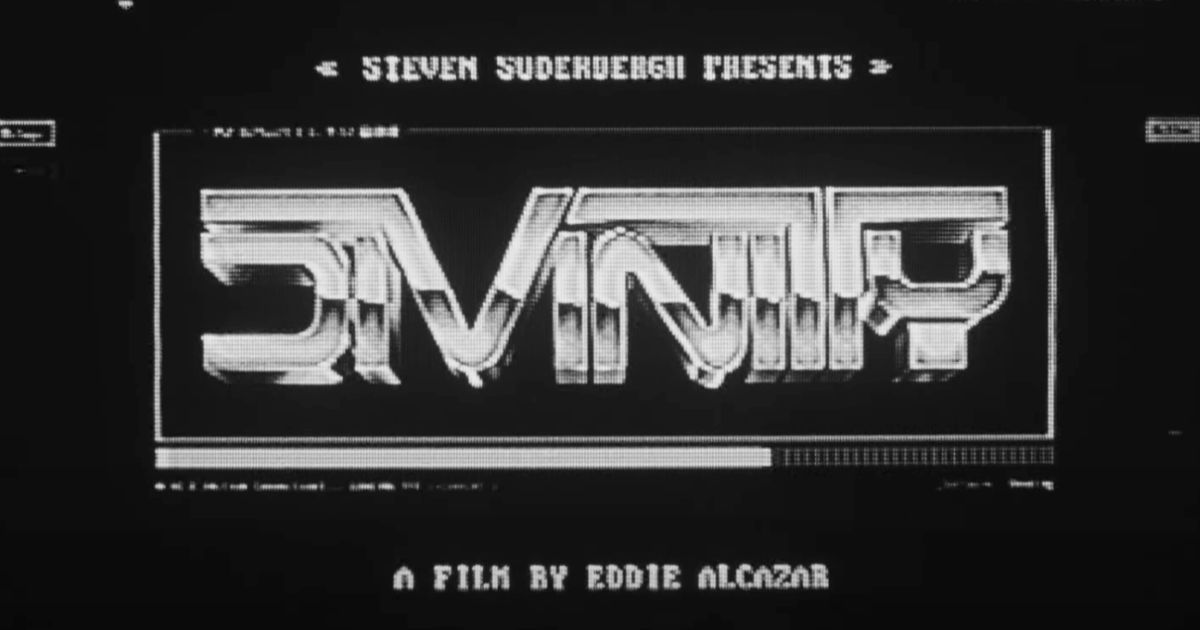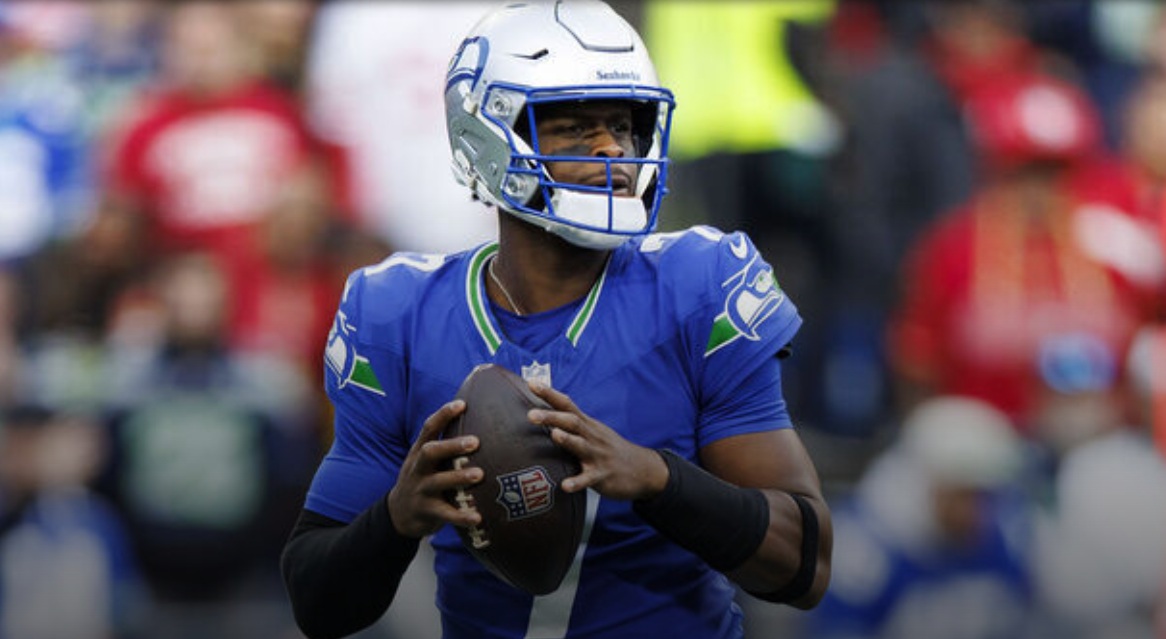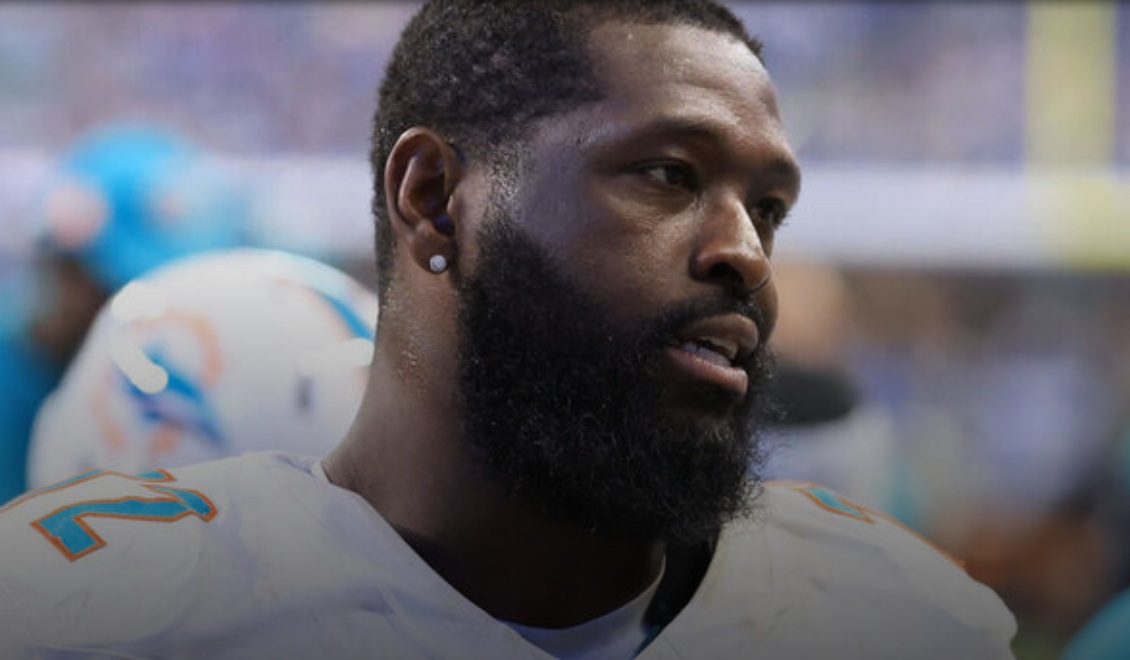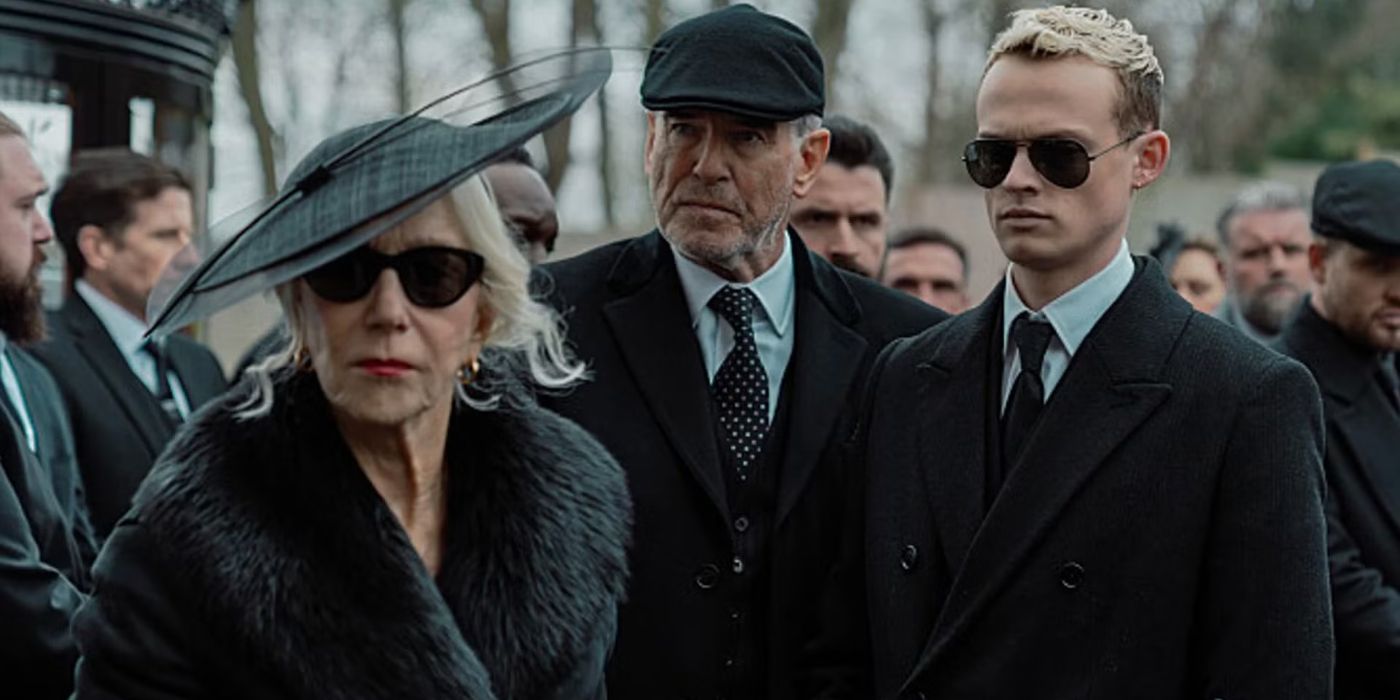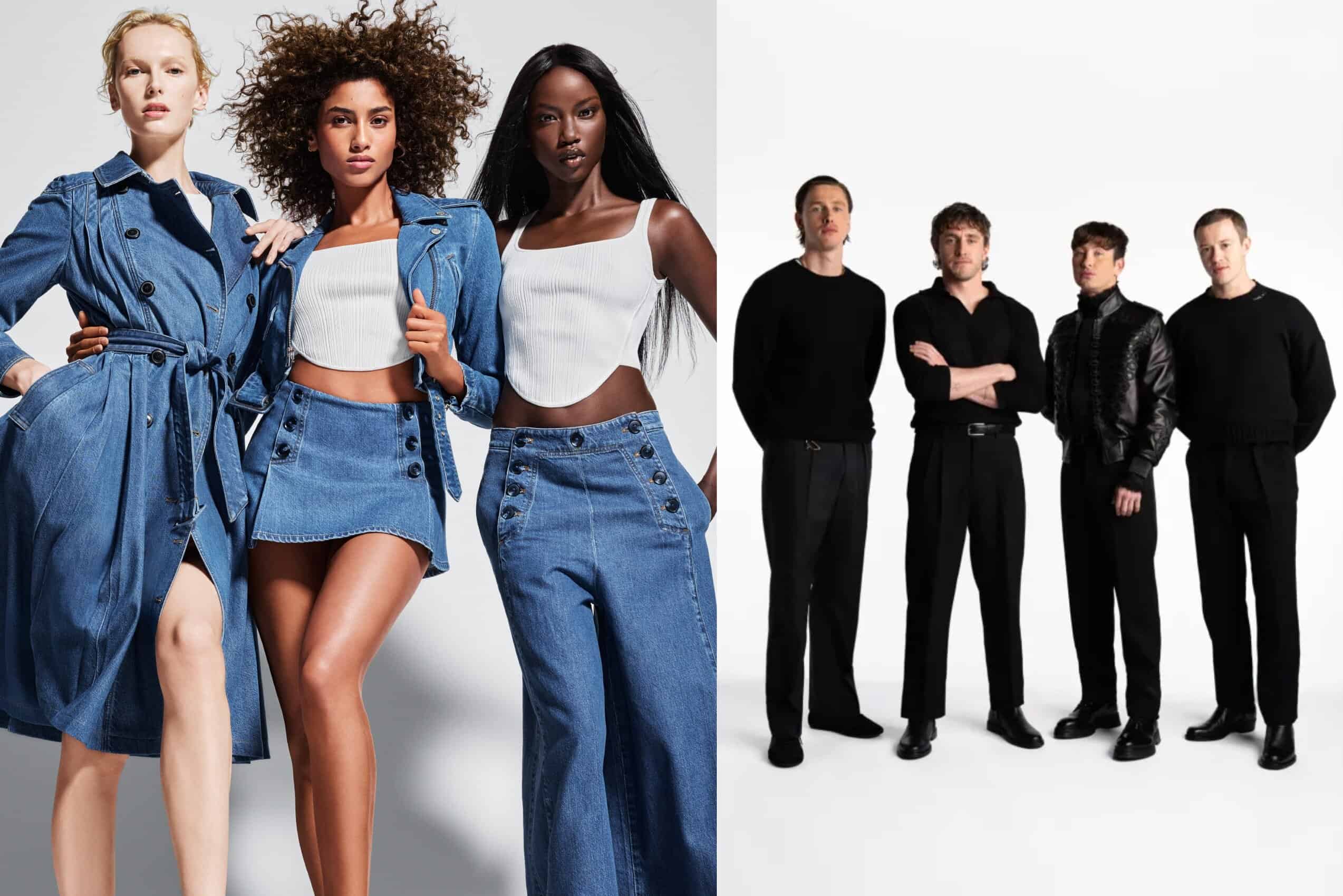During his very long career as a film director, starting in the silent era in 1917 until “Seven Women” (his exquisite final film in 1965), he made more than his fair share of classics which still stand the test of time: “The Informer,” “The Grapes of Wrath,” “My Darling Clementine,” “The Man Who Shot Liberty Valance,” and “How Green Was My Valley.”
Though he made films in every genre, from dramas to historical epics, romances and even comedies, Ford has been justifiably associated with the Western and is considered one of the most influential directors in that genre. He directed so many that Ford once said of himself, “My name is John Ford. I make Westerns.”
However, despite the fact that Ford considered himself a political progressive (though he was close friends with actors he worked with that were right wing reactionaries, like John Wayne, James Stewart, and the even more right wing Ward Bond), he was often labeled a conservative.
Ford’s films were not above dealing in negative racial stereotypes. He regularly portrayed Native Americans in most of his Western films as bloodthirsty savages. On top of that, in the early 1930s, Ford also made several films with long-lambasted black character actor Stepin Fetchit, like “Judge Priest” and “Steamboat Round the Bend,” in which he, in all his films, played degrading and embarrassing roles as a slow-witted, lazy buffoon.
In fact, Ford started out his film career as an actor and stuntman in silent movies including, according to Ford himself, D.W. Griffith’s notorious “The Birth of Nation.” He can be seen as one of the Klansmen, who in the dramatic climax rescue the white people under threat by savage “renegade” Black Union soldiers.
However, by the mid-’50s, when Ford was nearing the twilight of his long career, the director seemed to have mellowed with age, discovering and exploring a more humanist side to himself. Perhaps it was the changing times, especially after the emergence of the modern Civil Rights Movement era. Maybe he saw his own mortality down the road, or simply changed his opinions to become more open-minded and accepting.
You can view the original article HERE.


